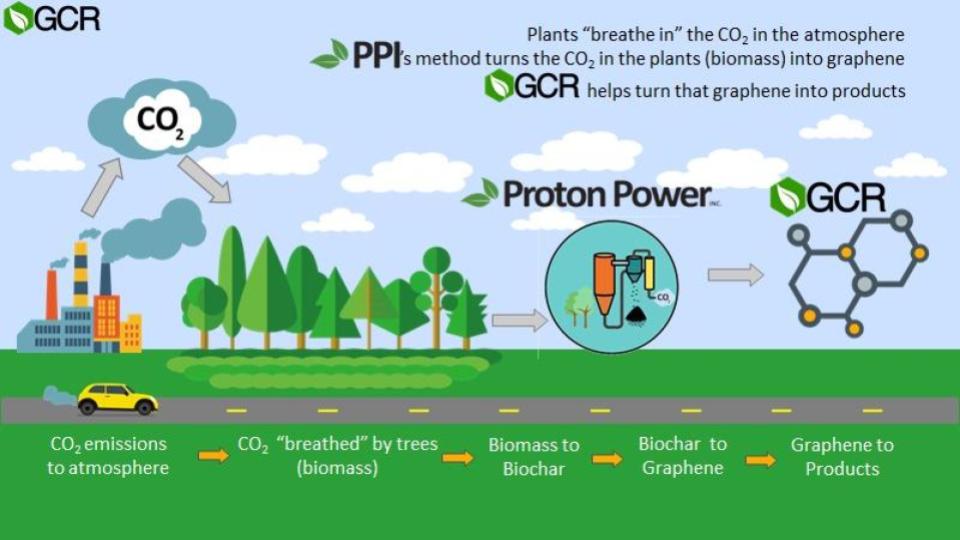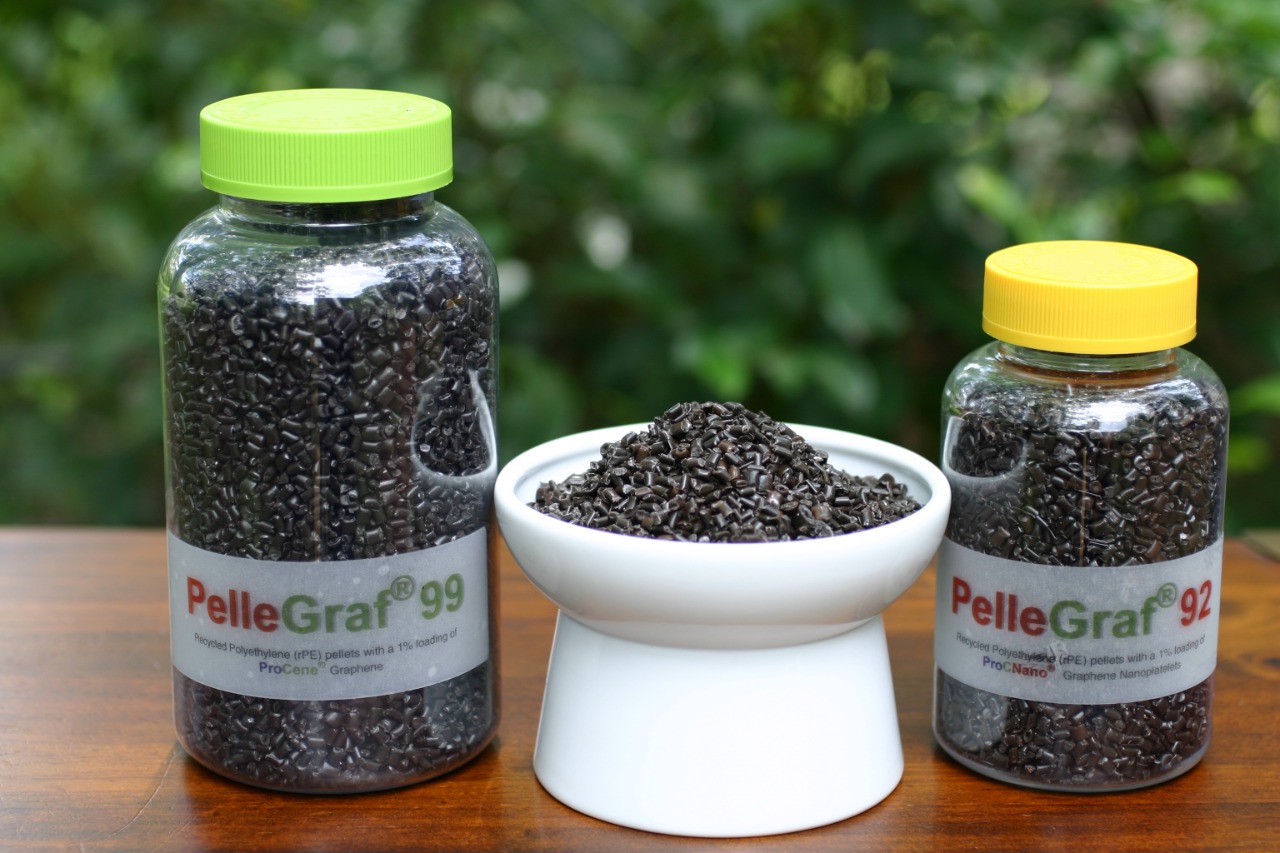
Graphene - The Miracle Material
Since its discovery in 2004, graphene has been a hot topic in Chemistry and Material Science. With such amazing properties, no wonder graphene is being researched for diverse applications such as asphalt, concrete, paints, polymers, water filtration, electronics, rubber & elastomers, inks, cosmetics, textiles, 3D printing, medical & biotech, batteries, and more.
What is Graphene?
A single layer (monolayer) of carbon atoms, tightly bound in a hexagonal honeycomb lattice. It is one million times thinner than a strand of a human hair!
Properties of Graphene
- Stronger than diamond & steel- 200% superior to structural steel with the same thickness
- Best Thermal Conductivity of 5000 W/mk- Better than copper, silver, or diamond
- Highest Impermeability- Concrete using graphene is up to 400% more water impermeable
- Excellent Elasticity- Can stretch up to 10% of its standard size reversibly & can double up to 20% without any damage.
Common uses of Graphene:
Construction Materials
- Concrete
- Cellular Concrete
- Asphalt
Coatings
- Marine Paints
- Sealants
- Automotive
- Architectural
Energy Storage
- Batteries
- Super Capacitors
- Pipes, Plumbing & Fittings
- Composite Materials
- Polymer Products
The Eco-friendly Side of Graphene
Our graphenes are made from biomass. Trees in Planned Forestries sequester or “Breathe In” Carbon Dioxide (Co2). These same trees are converted into Biochar, which is further converted into two grades of graphene.

Some Important Applications of Graphene
- Safety Gears
- Tresten Knives
- Graphenoil
- XC gear
- Laser Imaging
- Blackstone coating
- Ressinea
- Vittoria tires
- Head tennis racquets
- Inov-8 shoes
- Ford underhood parts
- G+ clothing
- The Nanning bridge in Nanning City, China. Resurfaced using Graphene.

Maví Figueres
Founder / CEO
GrapheneCR
Geographic Information Systems (GIS) are tools that allow land managers to quickly visualize and analyze the changes in land use options. Therefore, they are becoming more critical in the management of land. With the ability to change swiftly and analyze multiple land use options, users can make informed decisions.




















